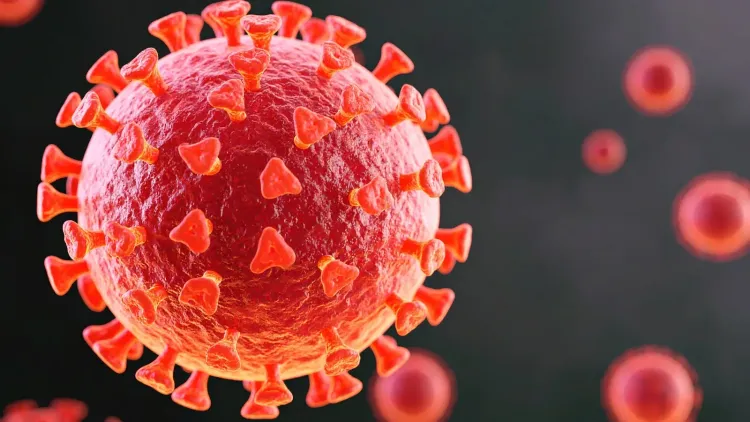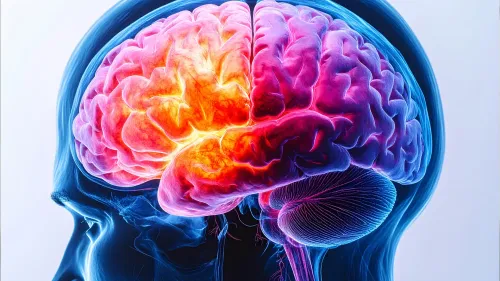Are 15% of Babies and Toddlers Experiencing Long-Covid? Symptoms Vary by Age: Study

Synopsis
Key Takeaways
- 15 percent of babies and toddlers may have long-Covid.
- Symptoms can differ greatly based on age.
- Infants often show signs like sleep issues and fussiness.
- Preschool-aged children commonly report dry cough and fatigue.
- Further research is needed to understand long Covid's impact on young children.
New Delhi, May 29 (NationPress) In the midst of another global surge of Covid-19 cases, a recent study reveals that approximately 15 percent of infants and toddlers are suffering from long-Covid conditions, with symptoms that differ according to age.
Long Covid in young children is characterized by persistent symptoms lasting at least three months post-SARS-CoV-2 infection.
This research, published in JAMA Pediatrics, involved 472 infants and toddlers and 539 preschool-aged children, recruited between March 2022 and July 2024, indicating that about 15 percent of these children are affected by long Covid.
Among 278 infants aged 2 years and younger, 14 percent displayed ongoing symptoms, whereas 15 percent of 399 children aged 3 to 5 years experienced similar issues.
The findings also highlighted that infants and toddlers exhibit different long-Covid symptoms compared to preschoolers.
For those younger than 2 years, common symptoms included difficulty sleeping, irritability, reduced appetite, nasal congestion, and coughing.
In contrast, preschool-aged children (3 to 5 years) were more prone to experiencing a dry cough and daytime fatigue. Notably, 74 percent of preschoolers with probable long Covid reported a dry cough.
These symptoms are markedly different from those observed in older children and teenagers with long Covid. The study noted that school-aged children tend to present neurological symptoms like trouble concentrating, sleep disturbances, or dizziness, along with physical complaints such as back or neck pain, headaches, abdominal pain, or vomiting, and sometimes behavioral changes.
“This research is significant as it highlights that long Covid symptoms in young children differ from those seen in older children and adults,” stated Tanayott (Tony) Thaweethai, associate director of Biostatistics Research and Engagement at Massachusetts General Hospital (MGH).
Moreover, the research team pointed out that the diverse symptoms might be attributed to the fact that caregivers usually report symptoms based on their observations rather than the children's self-reports.
“Children with these symptoms often face poorer overall health, diminished quality of life, and developmental delays,” Thaweethai emphasized, advocating for further investigation into the effects of Covid on young children.









